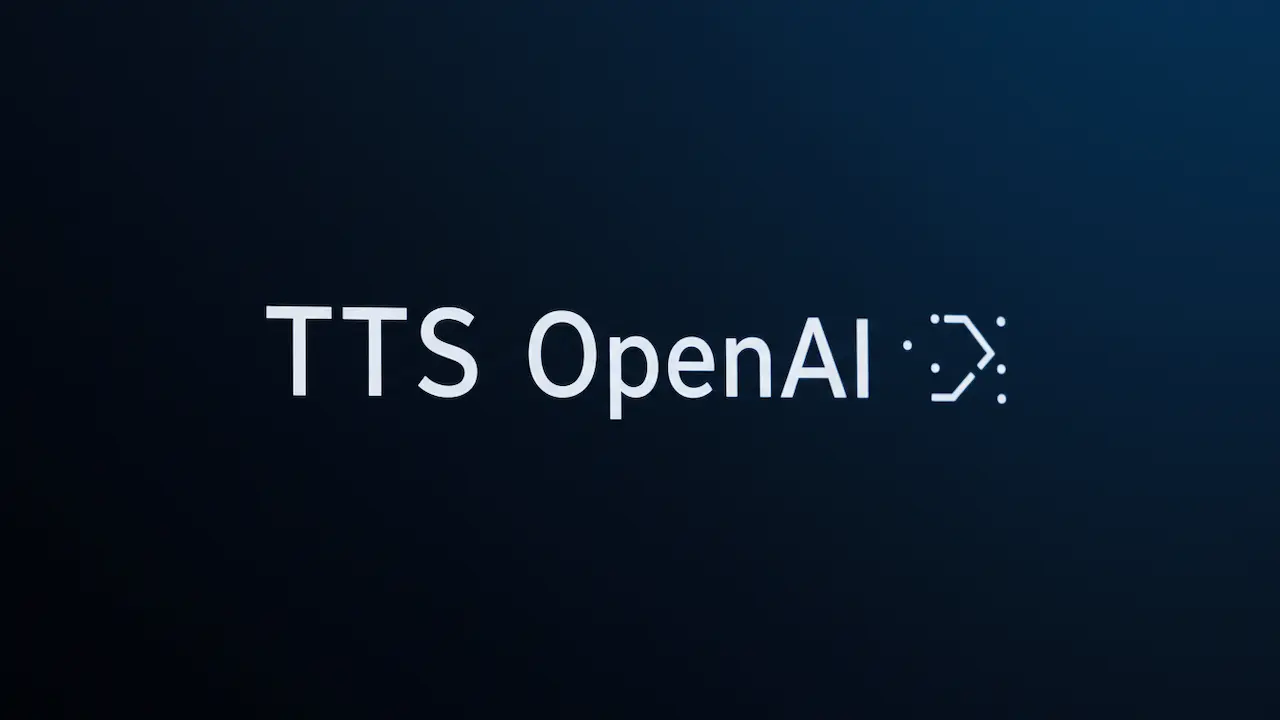TTS OpenAI
Turn your written content into speech that sounds like real people - no voice actors needed
AI-Powered Voice That Actually Sounds Human
Let's face it - most text-to-speech tools sound robotic. TTS OpenAI is different. It uses sophisticated neural networks to create voices that sound genuinely human, with the natural ups and downs of real conversation.
- Voices with real personality - not the robot voice you're used to
- Works in multiple languages (yes, with proper accents too)
- Crystal-clear audio quality you can use professionally
- Simple to use whether you're tech-savvy or not

deep, authoritative
natural, smooth
articulate, precise
warm, engaging
bright, energetic
soft, gentle
deep, authoritative
TTS OpenAI
Bring your text to life with OpenAI's TTS technology. Create engaging audio content without hiring voice talent
Why People Choose TTS OpenAI
- Sounds Like a Person - Not a robot reading your script but a voice with character and warmth
- Broadcast Quality - Audio that's ready for podcasts, videos, or professional presentations
- Speaks Naturally - Gets the rhythm right with appropriate pauses and emphasis
- Easy to Use - Just paste your text and download high-quality audio in seconds
- Cost-Effective - Save thousands on voice talent and studio time
When to Use TTS OpenAI
- Tight Deadline? - Generate hours of narration in minutes instead of days
- Limited Budget? - Skip the expensive voice talent and recording studio
- Need Consistency? - Use the same voice across all your content, every time
- Making Updates? - No need to call back voice actors for small changes
Real-World Uses for TTS OpenAI
Media & Content
- YouTube videos that don't sound AI-generated
- Podcast intros, ads, and segments without the studio
- Audiobooks with consistent quality throughout
- Marketing videos that engage rather than annoy
Making Content Accessible
- Screen readers that don't sound monotonous
- Audio versions of your blog or newsletter
- Making documents listenable for people on the go
Education That Engages
- Turn boring textbooks into engaging audio
- Language learning with native-sounding pronunciation
- Create narrated tutorials students actually listen to
- Educational games with character voices
- Online courses with consistent narration
Business Solutions
- Phone systems that don't sound like robots
- Training videos without the recording hassle
- Multilingual customer messages that sound local
- Product demos with professional narration
How TTS OpenAI Beats Old-School TTS
Remember those robotic voices from GPS systems and early screen readers? That's what traditional text-to-speech sounds like. TTS OpenAI is in a completely different league. It's like comparing a flip phone to the latest smartphone - technically they do the same thing, but the experience is worlds apart.
| Feature | TTS OpenAI | Traditional TTS |
|---|---|---|
| Voice Quality | Natural-sounding with human-like expression | Mechanical and artificial sounding |
| Speech Patterns | Dynamic with appropriate rhythm and emphasis | Static with unnatural cadence |
| Language Handling | Excellent across multiple languages and dialects | Inconsistent quality between languages |
| Audio Fidelity | High-definition with professional quality | Variable quality with evident artifacts |
TTS OpenAI Technology Evolution
The TTS OpenAI system represents years of research in machine learning and voice synthesis. By analyzing thousands of hours of human speech, this AI technology has learned to replicate the subtle characteristics that make human speech sound natural. As the technology continues to advance, we can anticipate even more realistic voice synthesis, with improvements in emotional expression, contextual understanding, and seamless delivery of complex content.
Benefits for Content Creators
For content creators, TTS OpenAI offers unprecedented opportunities to enhance their work with professional-quality narration. The technology eliminates the need for expensive recording equipment or professional voice talent, democratizing access to high-quality audio production. Content can be quickly transformed into engaging audio formats, reaching audiences who prefer listening over reading and expanding the accessibility of digital content across different platforms and situations.